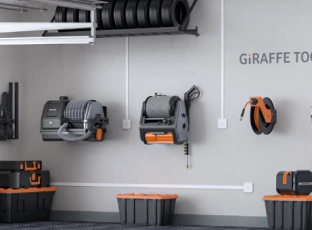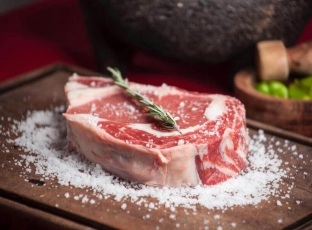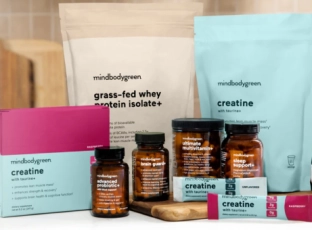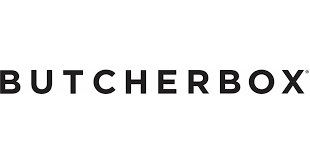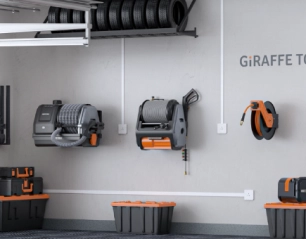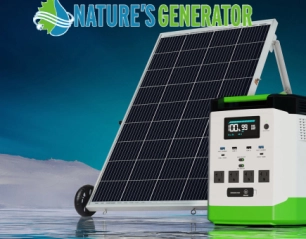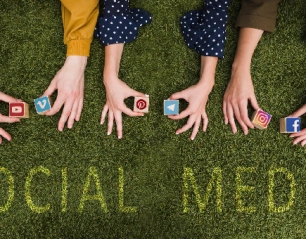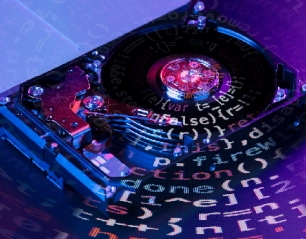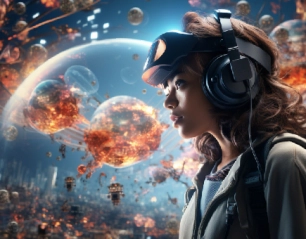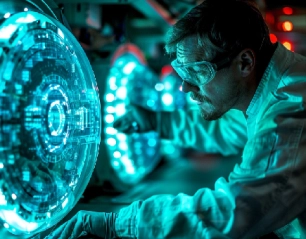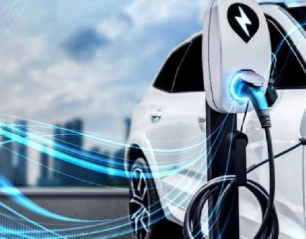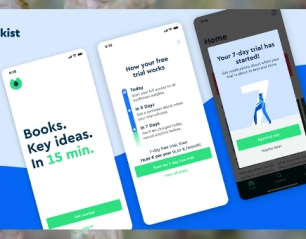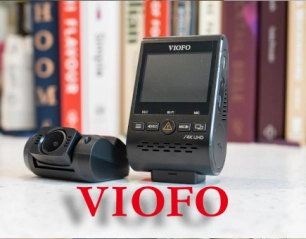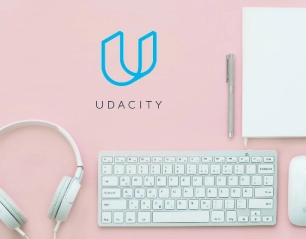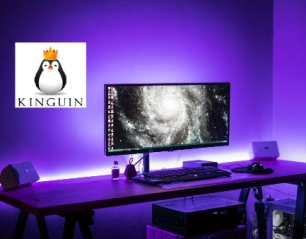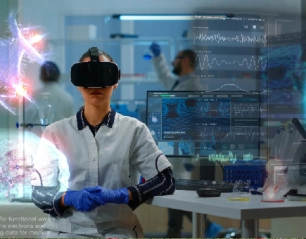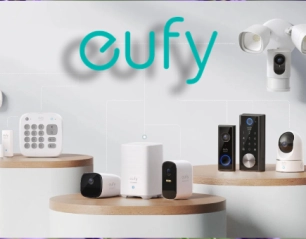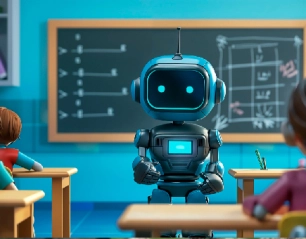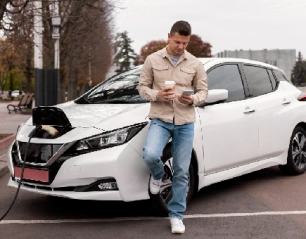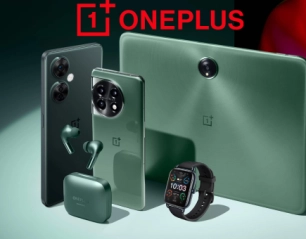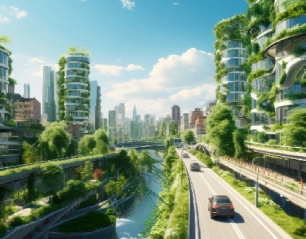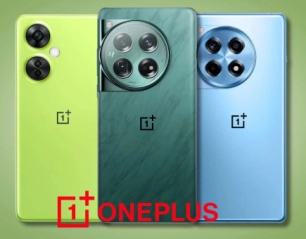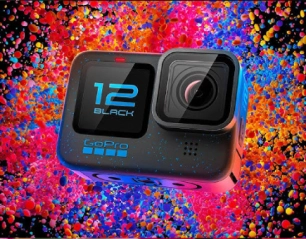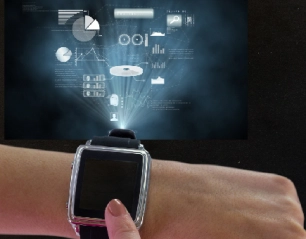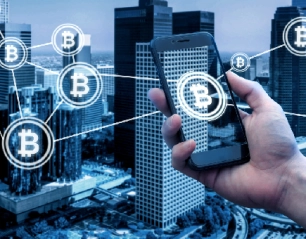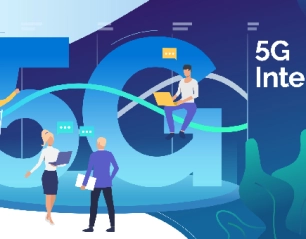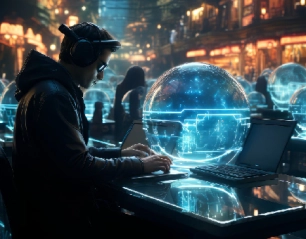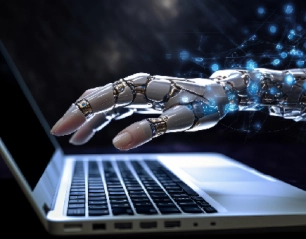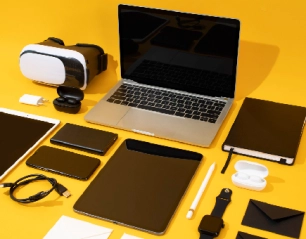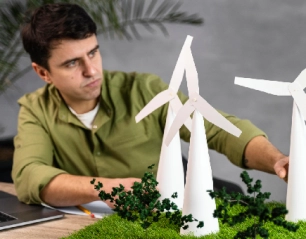The introduction of artificial intelligence to the world of cooking is taking the front seat in the modern world of cuisine not only as a tool, but as a creator. Artificial Intelligence is helping chefs to create menus, new recipes and personalize food like never before. These digital pioneers are using a blend of data science and flavor chemistry to serve dishes that make even the most anti-technological food enthusiast have their teeth rattling. And the AI is revolutionizing our cooking and eating, from the kitchens of restaurants to the kitchens in our homes, and the results are surprising and deliciously shocking.
The Reign of the AI Chef
Artificial intelligence is no longer restricted to automation applications only; it is also taking shape as a chef in kitchens around the globe.
The way AI Is Churning Up Innovation in the Kitchen
All your meals are not cooked by AI chefs yet (at least) but they are a fundamental part of creating them. These systems look through the flavor compounds, dietary restrictions, cultural tastes, and food trends to come up with recipe suggestions that can be as good, and even better, than those of normal human cooks. IBM and Google are major companies battling it out in the newspapers with their culinary AI projects, chief among them being IBM's Chef Watson.
Chef Watson was made to comprehend human taste preferences as well as the chemistry of flavor. It has scanned through millions of recipes and combinations of ingredients and developed its novelties such as Swiss-Thai asparagus quiche and Austrian chocolate burrito. A little off the wall, these foods ended up surprising the judges and proved that artificial intelligence could think outside the box in terms of food.
A Scientific and an Artistic Mix
The distinctive feature of AI is its capacity to merge the science of data with gastronomical imagination. It does not simply grab random ingredients. Rather, it breaks down flavor pairings by molecular gastronomy-based and cultural culinary databases. AI cooks take into consideration texture, smell, high nutrient levels, and appearance. The result? Well-rounded, innovative, and tongue-satisfying dishes.
Personalized Menus: The New Game
Food is an individual thing, and AI is transforming that realization into a mighty food into personalized food.
The Shift of Mass Production to Mass Customization
One of the biggest changes that will be brought by AI chefs is the personalization of the menu. Be it because you are vegan, have a gluten intolerance, or are simply a fussy eater, AI has the potential to build the dishes according to your taste, lifestyle, and health requirements. Think about being in a restaurant and being given a menu that is tailored to you, you will no longer have to choose little.
Restaurant AI systems now monitor the habits of the consumer, keeping an order history and analyzing the feedback or wearable health data. They base their meal designs on this and hence they come up with meals that are not only palatable to your taste but are also friendly to your nutritional needs. There are health restaurants that go as far as to incorporate AI together with genetic information to develop hyper-personalized menus.
Intelligent Suggestions Which Make Sense
Give up on those random recommendations provided by your food delivery application. Now, Algorithms know your food moods more than you. Would you like to have a spiced-up light something? To make the right suggestion, AI takes care of your past orders, time of day, weather, and even your food posts on social media. And guess the kind? Such suggestions are mostly very precise.
Re-packaging of Creativity in the Food Industry
Artificial intelligence is not killing creativity it is pushing boundaries of the cooking profession further than ever.
Human-AI Collaboration
AI does not substitute cooks, on the contrary, it equips them with powers. Artificial intelligence is playing along with celebrity chefs and food scientists to conduct experiments with new ingredients, cuisines, and methods of cooking. The three-Michelin-starred chef Jose Andres has discussed the issue and explained how AI allows us to explore the frontiers of creativity by coming up with culinary ideas that nobody has ever dreamt of.
With the help of AI, chefs can create digital prototypes of recipes more quickly, experiment with combinations of ingredients using digital tests, and make a dish perfectly with some refinement before it even gets into the kitchen. This partnership is time-saving, minimizes waste of food, and opens new food horizons. Miso-caramel brownies or cauliflower sushi with chipotle aioli were food tribes that made their way to the world, invented by data, curated to be consumed by humans.
The Intelligent Forecaster is AI
Due to the sheer volume of monitored recipes, posts, restaurant reviews, and sales statistics of ingredients, AI accurately foretells future food trends with frightening precision. Need some Korean-Mexican fusion? AI probably foresaw that some months earlier. The restaurants will be able to accommodate new trends quickly and, thus, remain modern and effective.
A Hidden Cost-effectiveness and Sustainability
It is not only the flavors that AI chefs are enhancing, but they also assist in a better sustainable food ecosystem.
Reducing Food Wastage
Kitchens are also becoming greener with the benefit of AI chefs. Using purchasing trends, inventory management, and popular recipes, AI can assist the restaurants with the optimization of using ingredients and minimize food waste. It gives suggestions on what to do with the excess ingredients, it keeps a log of the spoilage tendencies, and even makes proposals as to the portion control adjustments.
In industrial kitchens, AI-controlled systems also accelerate the process of finding inefficiencies in the food preparation process and reduce the number of used sources of energy used. Not just this environment-friendly process but this process is also cost-effective enough to make sustainable business processes more appealing to business owners.
Supply Chain Optimization
The stove is not the end of AI. It is essential in menu planning, as it is connected with supply chain information to make sure the ingredients are at their peak, in stock, and fresh. As a result of this integration, the dishes become fresher, there are fewer delays, and economics is being managed in a better way.
AI in your kitchen: The home chef revolution
AI has moved out of restaurants, it has become a rage in the kitchens of people all over the world.
Intelligent Clean Cookers
AI chefs are no longer gobbled up by fine dining eateries. The magic is also touching home cooks, and they owe it to smart kitchen gadgets and recipe apps that rely on AI. The use of such devices as the Tovala Smart Oven or AI-powered Bespoke Oven produced by Samsung can enable people to easily prepare complex food with no issues. These gadgets scan food, program cooking time to notify you when it is ready to eat.
Such apps as Plant Jammer or Yummly use AI to recommend recipes to follow depending on what you have in your fridge. They even get to know about your taste preferences in the long run, preventing you to face any culinary Pete Tunes and get excited about cooking back at home.
Wellness and Diet Management
In case of people concerned about wellness, AI-powered nutrition applications take a step further. They examine your diet plans, whether you want to lose weight, gain some muscles, or control diabetes, and provide you with a set of meals carried out of smart recipes. You enter your preferences and AI makes the rest happen.
The Objections and Criticisms
Although it might be the case, AI in a kitchen is not believed to, limited and ethically challenging.
Is it Possible to Replace Human Intuition with AI?
Although AI can use data to make guesses at flavor combinations, some say that it lacks the experience of emotion and intuitive nature that makes great chefs. The human touch is the story behind a dish, the spontaneity of a new flavor concept, something that is difficult to reproduce. AI may be the engineer of the blueprint, however, the ingredient that makes it live is the human chef.
Privacy of Data and Ethics
Since AI systems gather information about eating habits, health conditions, and preferences, privacy is at stake. In what way is this information stored? Who is its owner? Dining and technological corporations need to create ethical policies and empower users in charge of their personal culinary information.
The Homogenization Danger
Then there is the concern of possible AI-filled homogenization of food, that is, the risk of turning the food optimized to the point where local food is deprived of its cultural tradition and the creative spark. It is necessary to strike the right balance between efficiency and artistic expression which is data-driven.
What would bring to the AI Chefs?
Year after year, the role of AI at the dining table becomes more advanced, personalized, and prospective.
Hyper-Personalised Dining Experiences
With a more sophisticated AI, the dining scenario of the future can appear as follows: You visit a restaurant and immediately, the system knows who you are. It reads your mood (through biometric data), your nutritional requirements (through your wearable), and your immediate desires (through your app). Then, it offers you a meal that fits right into you as well as produces it with minimal human involvement. Eating out turns out to be a projection of your individual health and taste identity.
Democratization and the Culinary Education
There is also a revolution in terms of AI in culinary education. Those aspiring to become a chef can create a simulation of the recipes, experiment with the science of taste, and get feedback in real-time using the AI platforms. This gives democracy in the kitchen and anyone can experiment with gourmet cooking without the need to get trained.
Emergence of Artificial-Intelligence-Driven Restaurants
Restaurants using AI are already being developed in big cities. Not only do these spaces offer efficiency, novelty, and predictable quality, but also the possibility of having AI that takes up part of menu design, inventories, and food preparation through robotics. It could be the robot ramen stores in Tokyo or the AI-powered pop-up menus in New York, but the future of dining is being served as we speak.
Conclusion
Artificial intelligence cooks are turning out to be more than a technological novelty, they are disrupting how we cook, eat, and imagine food. With Hyper-Personalized meals or even sustainable kitchens, AI is taking the culinary arts to new and tasty heights. Human creativity will always be located at the core of gastronomy, whereas AI will give it the means to widen its boundaries. And that is why next time you take a bite of the artificially created dish that is shockingly good, you will not be surprised that an algorithm did help in the creation of the dish.
Must Read This: Gadget Gurus Unite: The Best Tech Releases of the Year
Was this helpful?



